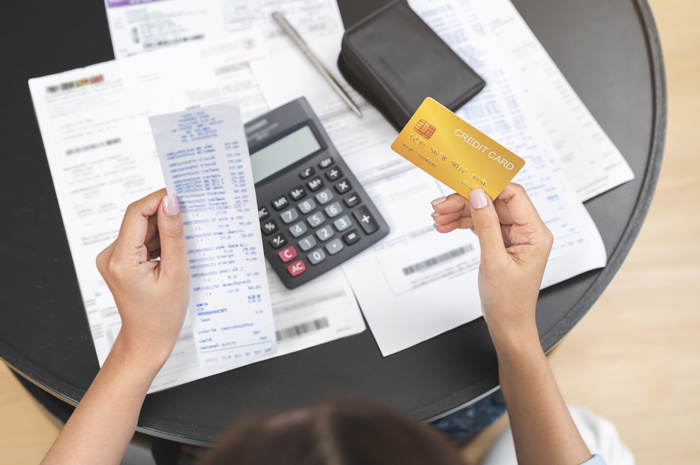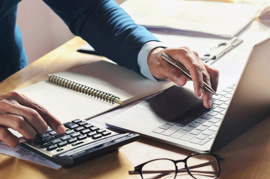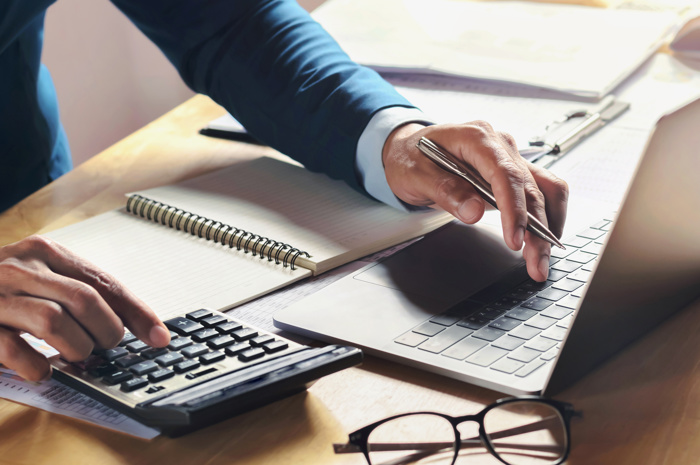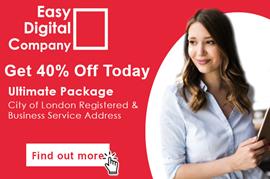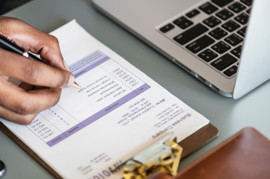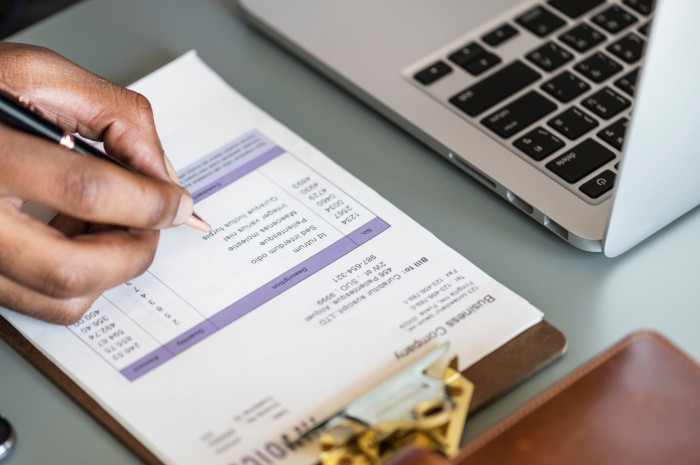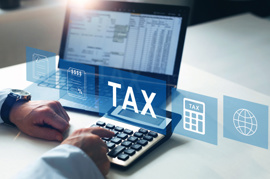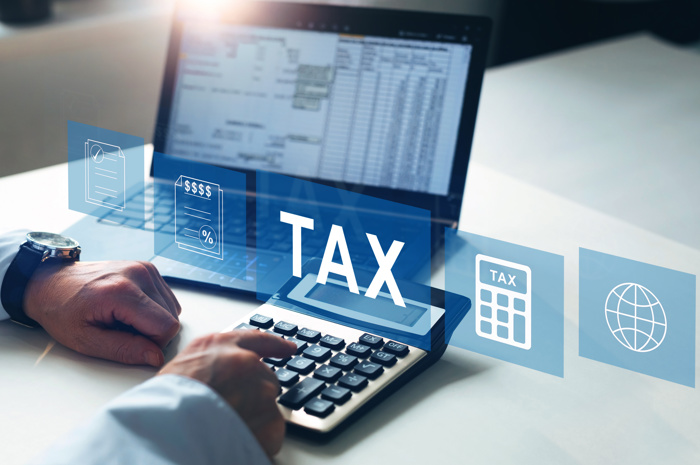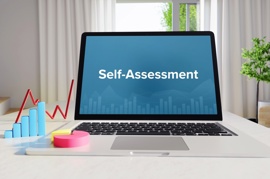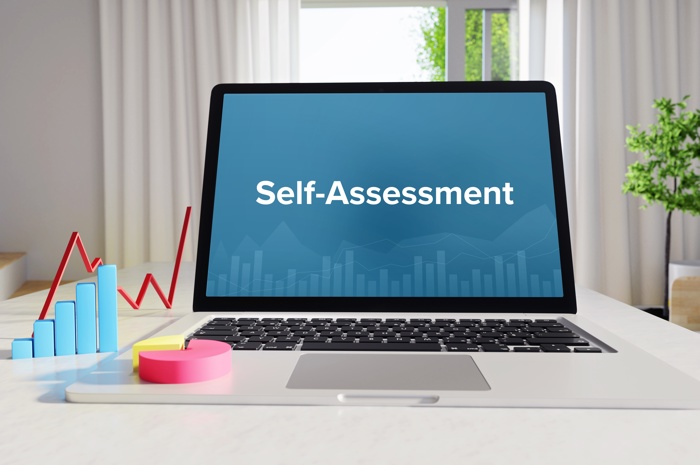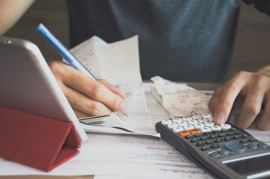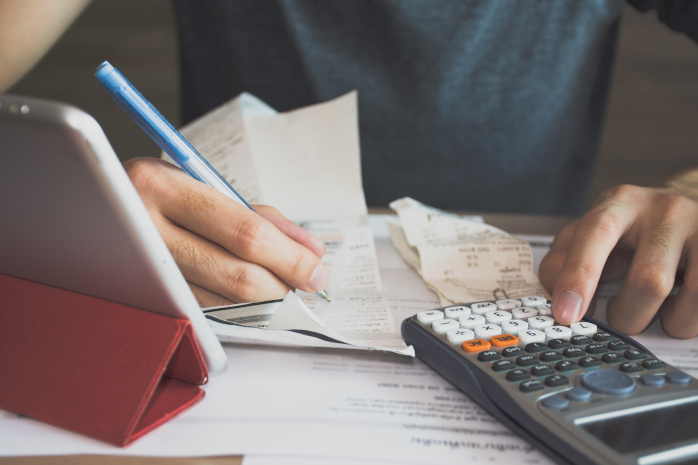Directors of limited companies have a range of different responsibilities that they must adhere to. Argued as one of the most important responsibilities is the keeping of company records, including the details about shareholders and the all important accounting records of the company to name a few of the director's responsibilities.
Ways of Keeping Your Accounting Records
Businesses commonly find themselves being overwhelmed with broad ranges of accounting software's each claiming they are the best. The truth is only you will be able to know what will work best for your business therefore below are the two most common examples of how other businesses keep their accounting records:
- Book-Keeping Software - A book-keeping software will allow the user to enter in the details of the transactions incurred which will be recorded in the software. At the end of the accounting period a balance sheet and income statement can be generated through some software which can be used to prepare the end of year accounts
- Spreadsheets - A spreadsheet is a more cost effective option available to Micro and Small businesses with fewer transactions than those within larger businesses. A business can then adapt their spreadsheet to the Income and Expenditure incurred by their business under more applicable headings.
Expected Accounting Records
The GOV.UK website states that a business's accounting records must contain the following:
- All the Incoming transactions received by the company and the outgoings spent by the company
- A register of all of the businesses fixed assets (items such as vehicles, furniture, equipment & machinery) including who you bought/sold them to and from
- Outstanding debts that the company is owed and owes to other parties
- The stock the company owns at the end of the year and the relevant stocktaking's used to calculate the stock figures
A business must also retain all other records, information and calculations needed to prepare the Annual Accounts and Company Tax Return. Some examples of the additional documentation that may be required would be:
- Receipts & Petty Cash book (records cash transactions)
- All Income received such as Invoices, sales books and till rolls
- VAT Records (if the business is VAT registered)
- PAYE Records (if the business is VAT registered)
- Details about any transactions into or out of a directors loan account
- Any other relevant documents such as bank statements and correspondence
Benefits of Keeping Up-To-Date Accounting Records
It is a legal requirement for the directors of a company to keep proper financial records, although the keeping of proper records should not be done as it is a legal requirement but instead because it is beneficial to the business itself. Maintaining proper accounting records helps businesses by:
- To prevent fraud and theft from the business
- Keeping track of the company's expenses, outstanding debts and creditors due
- Reduce the time taken to complete its micro accounts annual as well as its quarterly and/or annual returns to Companies House and HMRC saving the business money on accountancy costs
- Improve accuracy of the accounting records
Records Required When Completing Your Filings
Accounts
When completing micro accounts for a limited company HMRC and Companies require certain information in addition to the financial figures included in the income statement and balance sheet. This typically would include the number of employees the company had throughout the period and the company's principal activity (Standard Industrial Code).
When a limited company is incorporated, it is important to retain all letters sent to the company's registered address by both HMRC and Companies House as these may contain vital information used for filing the accounts such as the Unique Tax Reference (UTR) number and the Companies House Authentication Code, both are essential for the successful submission of the end of year filings, including its micro accounts!
Income Statement
At the end of the accounting period a micro business must prepare and submit micro accounts to HMRC, this includes an income statement. An income statement gives a true and fair view of the company's income and expenditure throughout the applicable period. Therefore, ensuring the business maintains up-to-date accounting records will make the process of preparing the income statement for the micro accounts faster and easier. There are additional incomes and/or expenditure which should be tracked for inclusion within the income statement, these would be transactions such as interest paid on any loans the company has taken out within the period or similarly interest earnt on business funds within a savings account.
Balance Sheet
In order to complete the businesses full accounts for the accounting period it will also need to complete the balance sheet for the accounting period's end date. To complete the balance sheet you would require more further information than solely the income and expenditure. This would likely include information about:
- Fixed assets (already owned by the business)
- Fixed Assets (purchased during the period)
- Closing bank balances (of all business bank accounts)
- Closing stock
- Amounts that the business is due to receive (outstanding invoices due to be paid to the business, directors loan due to the company)
- Amounts that the business is still due to pay (outstanding loans, directors loan due to the director(s), outstanding business credit card bills, bank overdraft)
When completing the balance sheet, a single missed expenditure or income could stop the balance sheet from balancing, therefore highlighting the importance of including all everything relating to your businesses accounts, even expenditure from another bank account, as long as it relates to the business's activities.
balance sheets form an important part of a company's micro accounts and gives a strong indication of a company's financial standing, but making sure that you have accurate accounting records is vital in aiding the completion of a balancing balance sheet.
Company Tax Return (CT600)
Additional details may be required when completing your corporation tax return, if you wish to claim capital allowance on any fixed assets then you may need some additional information about the item such as; what the asset was, its purchase price and whether it was brand new at the time of purchase or second hand.
If you have income generated from other sources other than your main trade, the amounts and the source of the income should be clearly noted within your chosen record keeping method, this includes property income, interest income, gains on foreign exchange and other any other sources of income.
If your business made a loss in its previous tax year then it is important to ensure that this amount is noted down within the business's accounting records as these tax losses are available to be carried forwards into the current tax year and can be used to drastically reduce down a businesses corporation tax due.
